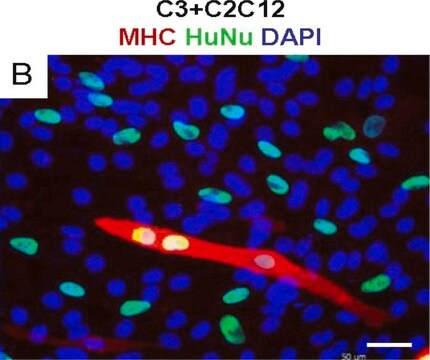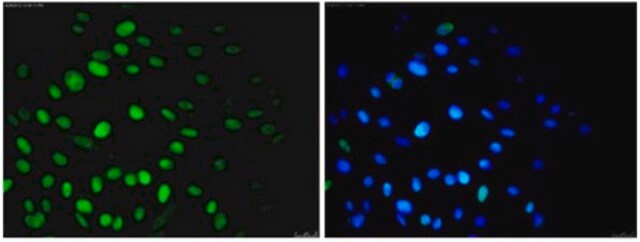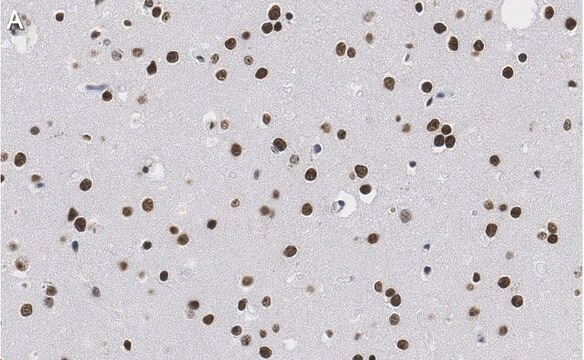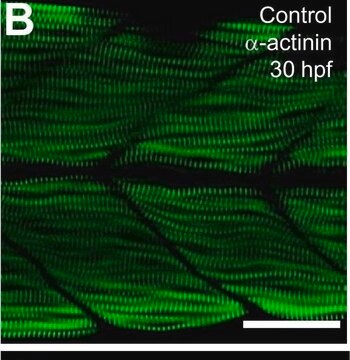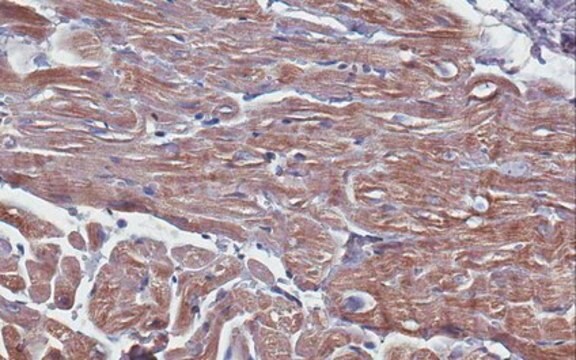MAB4383
Anti-Nuclei Antibody, clone 3E1.3
clone 3E1.3, Chemicon®, from mouse
Synonim(y):
Antyjądra, Klon 3E1.3 antyjądrowy, Przeciwciało wykrywające jądra
About This Item
Polecane produkty
pochodzenie biologiczne
mouse
Poziom jakości
forma przeciwciała
purified antibody
rodzaj przeciwciała
primary antibodies
klon
3E1.3, monoclonal
reaktywność gatunkowa
human
spodziewany brak reakcji z
mouse
producent / nazwa handlowa
Chemicon®
metody
flow cytometry: suitable
immunocytochemistry: suitable
immunohistochemistry: suitable
moc wejściowa
sample type neural stem cell(s)
izotyp
IgG1
Warunki transportu
wet ice
docelowa modyfikacja potranslacyjna
unmodified
Opis ogólny
Immunogen
Zastosowanie
Stem Cell Research
Neural Stem Cells
Postać fizyczna
Przechowywanie i stabilność
Inne uwagi
Informacje prawne
Oświadczenie o zrzeczeniu się odpowiedzialności
Nie możesz znaleźć właściwego produktu?
Wypróbuj nasz Narzędzie selektora produktów.
polecane
Kod klasy składowania
12 - Non Combustible Liquids
Klasa zagrożenia wodnego (WGK)
WGK 2
Temperatura zapłonu (°F)
Not applicable
Temperatura zapłonu (°C)
Not applicable
Certyfikaty analizy (CoA)
Poszukaj Certyfikaty analizy (CoA), wpisując numer partii/serii produktów. Numery serii i partii można znaleźć na etykiecie produktu po słowach „seria” lub „partia”.
Masz już ten produkt?
Dokumenty związane z niedawno zakupionymi produktami zostały zamieszczone w Bibliotece dokumentów.
Nasz zespół naukowców ma doświadczenie we wszystkich obszarach badań, w tym w naukach przyrodniczych, materiałoznawstwie, syntezie chemicznej, chromatografii, analityce i wielu innych dziedzinach.
Skontaktuj się z zespołem ds. pomocy technicznej